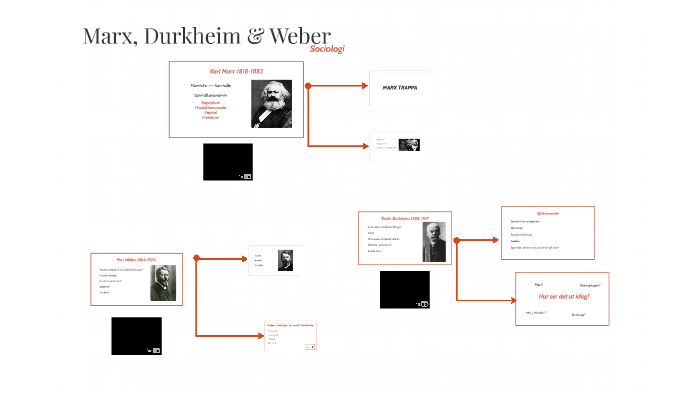

the working class which owned nothing but its ability to work, which it sold for wages and who carried out the actual work of producing wealth. the capitalist class which owned the man-made buildings, instruments and machines with which production was carried out and the landlord class which monopolised the land and other natural resources Only in England had society come to be divided into three distinct classes, each with its own particular relationship to the means of wealth production:

In England alone, which we take as our example, has it the classic form” (last paragraph of Chapter XXVI on “The Secret of Primitive Accumulation”). “The expropriation of the agricultural producer, of the peasant, from the soil, is the basis of the whole process. In fact, the last part of Volume I of Capital, on “so-called primitive accumulation”, is virtually a short history of the economic and social development of England from the middle of the 16th century to the middle of the 18th century, Marx explains again: This is the reason why England is used as the chief illustration in the development of my theoretical ideas”.

Up to the present time, their classic ground is England. “In this work”, wrote Marx in the 1867 Preface to the first German edition of Capital, “I have to examine the capitalist mode of production, and the conditions of production and exchange corresponding to that mode.


 0 kommentar(er)
0 kommentar(er)
